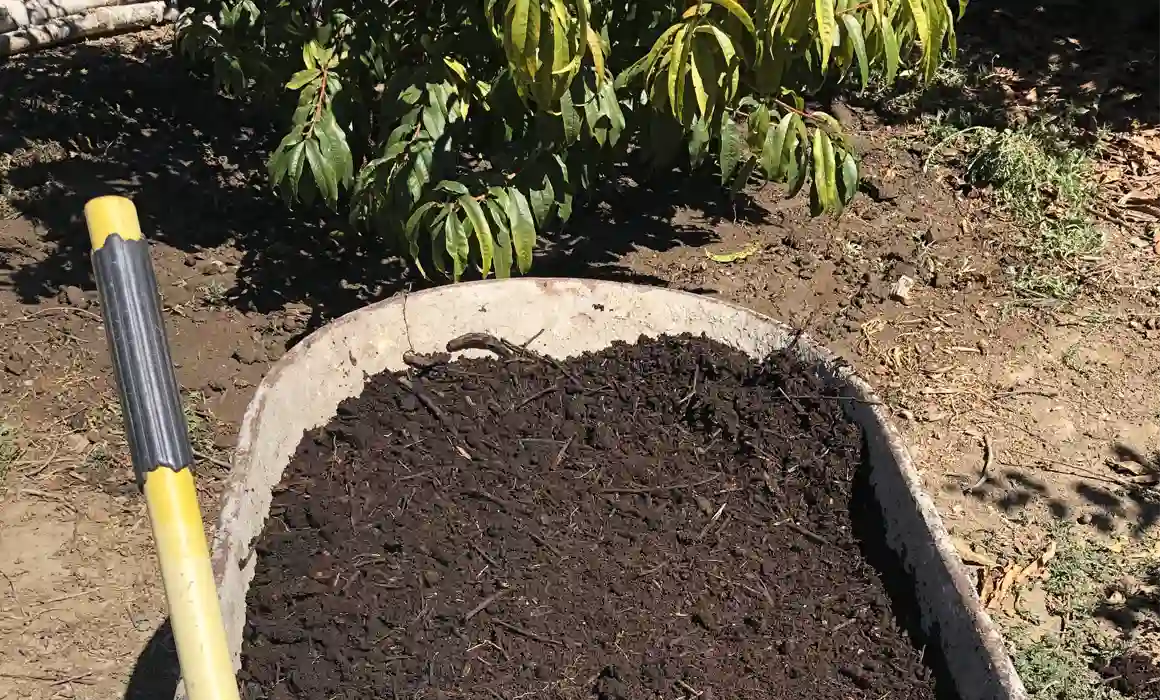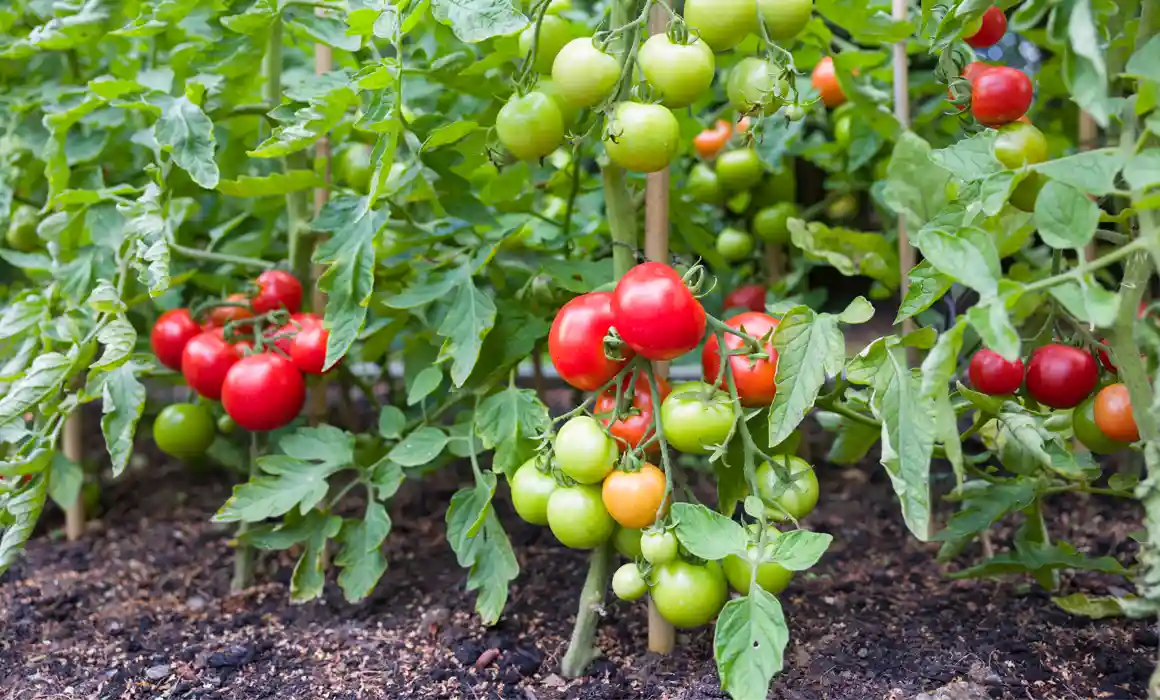Composting with biochar is an effective, sustainable, and climate-friendly method for improving the quality of compost while reducing the amount of carbon released into the atmosphere.
What is biochar?
Biochar is a type of charcoal created through pyrolysis, which is a process of burning organic materials like wood waste, animal manure, and agricultural waste in an oxygen-limited environment without emitting any harmful gases into the atmosphere. It produces a porous char that can lock in carbon and retain both water and nutrients, as well as promoting the growth of beneficial microorganisms.
Benefits of composting with biochar
When biochar is added to compost piles, it not only helps keep carbon from being released into the atmosphere, but it also provides essential carbon and encourages beneficial organisms to thrive during the composting process. It helps aerate the compost pile, retain moisture, and speed up the decomposition process to create nutrient-rich compost in a remarkably short timeframe. Furthermore, its absorbent nature helps break down the compost pile’s organic materials and preserve the essential nutrients within, for the benefit of your soil and plants.
How to Compost with Biochar
To optimize the benefits of biochar in your compost pile, it is recommended to add about 5 to 20% of biochar by volume. The process is straightforward – start by layering brown and green materials like dead leaves, straw, twigs, grass clippings, and vegetable scraps. Make sure to moisten each layer as you progress. Once the compost pile reaches the desired volume, cover it with soil to insulate and create a favorable environment for beneficial organisms. To control odor and promote carbon sequestration, finish the top layer with a sprinkle of biochar. It’s important to periodically turn the compost pile to ensure sufficient oxygen and moisture levels.
Composting with biochar is an effective way to reduce the amount of carbon released into the atmosphere while also improving compost quality. By following the steps outlined in this guide, you can start using this sustainable and climate-friendly composting method to reap its many benefits.
Related Resources
- Explore Jeden’s Eco-Vision
- Reencle Composter – Transforms food scraps into nutrient-rich compost in 24 hours
- Understanding SB 1383: California’s Approach to Organic Waste Reduction and Recycling




